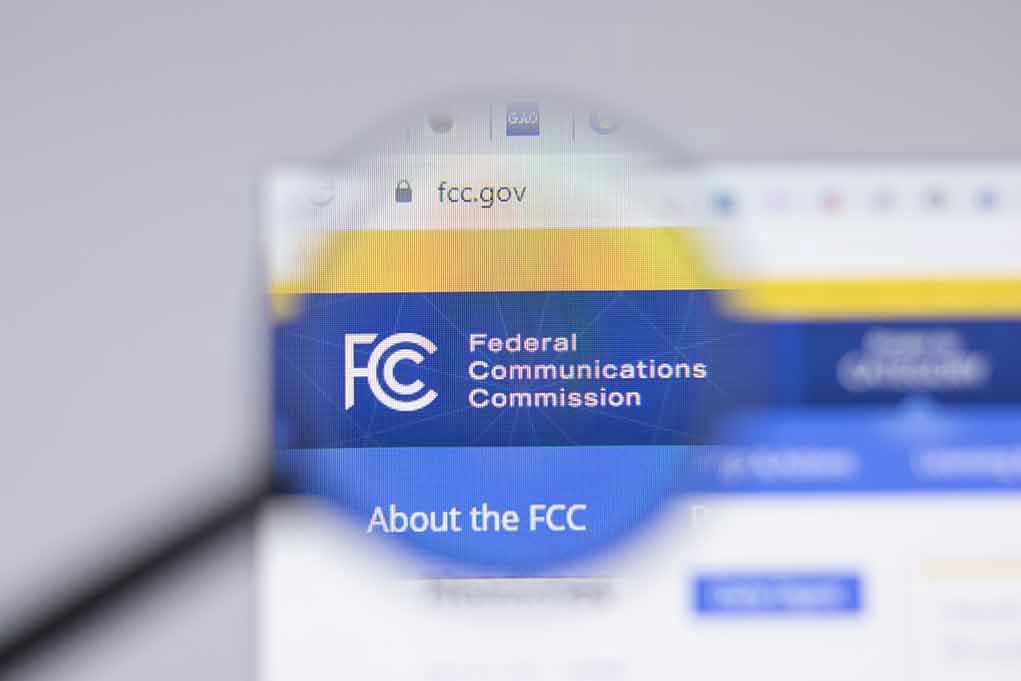
The U.S. House has sent a clear message by approving the FCC’s budget without a single extra penny, leaving many to wonder about the future of communication regulation in America.
At a Glance
- The FCC’s budget for Fiscal Year 2026 was passed without an increase.
- FCC Chair Brendan Carr requested additional funds, which were denied.
- The FCC’s spectrum auction authority expired in 2023, limiting revenue.
- Budget constraints may impact broadband expansion and cybersecurity efforts.
FCC Funding Cut: A Wake-Up Call?
The Federal Communications Commission (FCC) finds itself in a bind as the U.S. House of Representatives subcommittee has approved its budget for Fiscal Year 2026 without granting any increase over previous levels. This decision leaves the FCC, an agency crucial to regulating interstate and international communications, grappling with the challenge of doing more with less. FCC Chair Brendan Carr had sought additional funds, citing the need to address emergent technological and regulatory challenges, but the subcommittee, prioritizing fiscal responsibility, chose to maintain the status quo.
The FCC, funded entirely by regulatory fees from the industries it oversees, has had its budget requests scrutinized and often reduced in recent years. Carr has emphasized the agency’s commitment to efficiency, pointing out a significant $567 million reduction in contract spending in alignment with federal cost-saving initiatives. However, the lack of increased funding and the expiration of the FCC’s spectrum auction authority in March 2023 complicates the agency’s financial landscape, potentially impacting services and regulatory functions.
Key Stakeholders and Their Roles
This budget decision directly impacts several key stakeholders, including the FCC leadership, the regulated telecommunications industries, and consumers. The FCC, under the leadership of Chair Brendan Carr, is tasked with balancing its statutory mandates against the backdrop of constrained resources. The U.S. House Appropriations Subcommittee, responsible for reviewing and approving the FCC’s budget, has significant sway over funding levels, reflecting broader governmental spending priorities.
Regulated industries, which include telecommunications, broadcasting, and internet service providers, are directly affected by the FCC’s funding and policy decisions. These stakeholders, along with public advocacy groups, have vested interests in a robust FCC that can ensure fair competition, consumer protection, and public safety. The influence of these stakeholders is often exerted through lobbying and public commentary, underscoring the complex power dynamics at play.
Implications of the Budget Decision
The decision to maintain the FCC’s budget at previous levels has both short- and long-term implications. In the short term, this may constrain the FCC’s ability to address challenges such as broadband expansion, spectrum management, and cybersecurity. While ongoing efficiency initiatives, like the aforementioned contract savings, may alleviate some pressures, resource limitations could delay or scale back certain programs.
In the long term, sustained budget constraints could hinder the FCC’s capacity to modernize infrastructure, enforce regulations, and adapt to technological changes. The absence of spectrum auction authority further limits potential revenue streams, potentially affecting the FCC’s flexibility in responding to future challenges. This could impact the telecommunications sector by creating uncertainty around regulatory processes and innovation support, ultimately affecting consumers and public safety programs.
Expert Opinions and Broader Impact
Industry experts and academics have weighed in on the implications of flat or reduced FCC budgets. They warn that such constraints could hinder the agency’s ability to keep pace with technological advancements and the growing demand for spectrum and broadband access. While some fiscal conservatives support these budgetary decisions as a means of curbing government spending, public interest advocates express concern that insufficient funding may undermine critical public safety and universal service programs.
The broader economic, social, and political impacts of this budget decision cannot be overlooked. Economically, limited FCC funding could slow the rollout of broadband, affecting economic development and digital equity. Socially, reduced support for public safety and universal service could widen the digital divide. Politically, this decision reflects ongoing debates over federal spending and regulatory priorities, setting the stage for further discussions about the role and funding of regulatory bodies like the FCC.
Sources:
FCC Official Statements and Budget Documents
Wikipedia: Federal Communications Commission
FCC Strategic Plans and Budget











